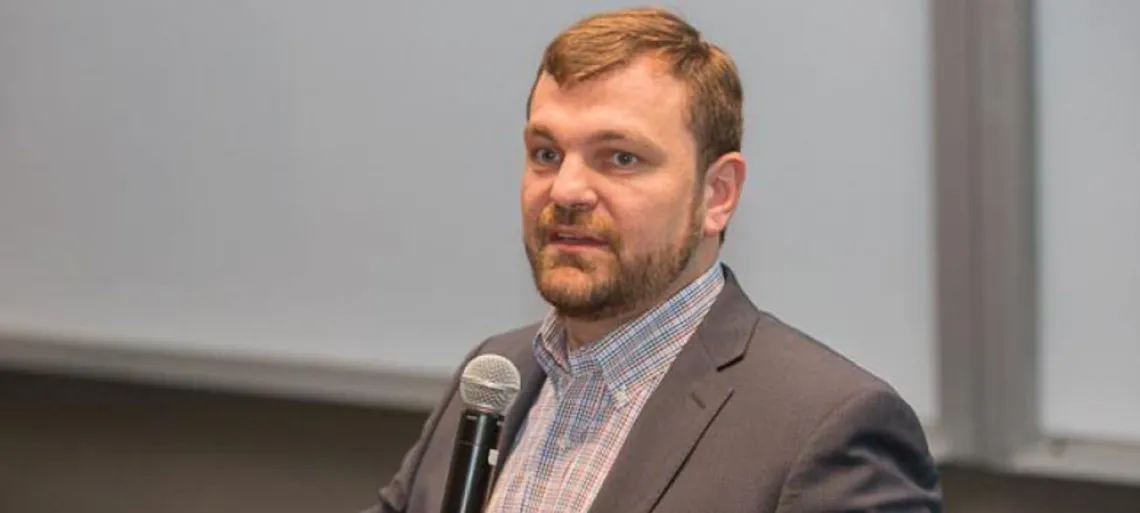Mentor Profile: Mentor In Residence Dan Janes
The hands-on mentoring process that guides student new venture teams along the path from early-stage idea to launch-ready venture is an integral part of the McGuire Experience.

The McGuire Entrepreneurship Program is a yearlong, team-based, experiential program in which University of Arizona students from all fields of study team up to build a new venture from the ground up under the guidance of our full-time Entrepreneurship Mentors in Residence. Our experienced and successful Mentors in Residence teach our capstone Venture Development classes, but their roles extends far beyond the classroom. Early in the Fall semester, each student new venture team is matched with a Mentor in Residence who they will meet with weekly throughout the year to receive individual coaching as they advance their new venture.
In honor of National Mentoring Month, we will highlight a McGuire Program mentor each week. This week, meet Dan Janes who co-founded 42six Solutions, a Big Data and Analytics company that was acquired by Computer Sciences Corporation, and is an investor and member of Desert Angels, one of the most active angel investment groups in the nation. This is Dan's second year as a McGuire Program mentor.
What is your background in entrepreneurship and innovation?
Using experience with technology and the defense industry, I built a very successful Big Data and Analytics firm acquired by CSC. Currently, I'm investing in multiple early-stage, high growth companies through Arch Partners.
Why were you interested in mentoring student new venture teams in the McGuire Entrepreneurship Program?
Being a senior in college is one of the most exciting times for students; they have a wealth of knowledge and are looking at ways to apply it. They also have the ability to think differently than most organizations. This gives them the opportunity to create exciting, disruptive ideas and I love being apart of it.
What sets you apart as a mentor?
My belief is getting students to stop thinking like students and more like entrepreneurs. Instead of looking at things academically, I try to put myself in the role of an investor, advisory board, or board of directors. Helping them work through real-life solutions is much more exciting than reciting answers out of a book.
What impact can mentoring have on startup success?
Several national studies from the Kauffman foundation, Angel Capital Association and elsewhere show the more active investors and quality mentors are with a startup, the more likely they are to not just succeed but outperform their peers.

